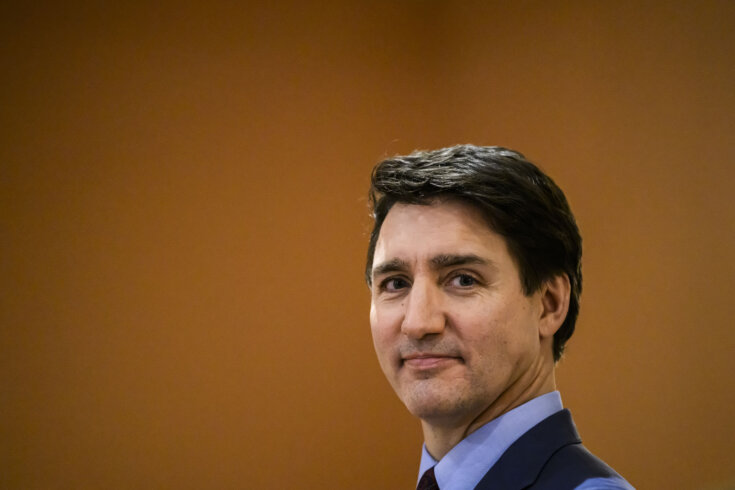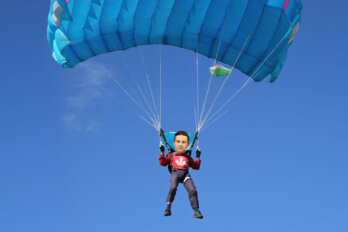Justin Trudeau’s decision to step down as leader of the Liberal Party puts in relief one of his earliest broken promises: his abandonment of electoral reform. The about-face revealed him as a leader of limited ambitions, a transactional rather than a transformational leader.
Like every other Canadian politician who had ever campaigned on a promise to change our electoral system, once he was elected and confronted with the reality that keeping his promise would make it impossible for him to ever win another false majority, he backed away from it. In this, he was no different from premiers in Prince Edward Island, New Brunswick, Quebec, and British Columbia, who had all played the same greasy trick but usually had an administrative reason for giving up, blaming a failed referendum or unclear public opinion.
But Trudeau’s rationale was special. He had promised hundreds of times that he would deliver a change to the electoral system, leaving the door open to proportional representation and luring in voters who wanted change. After he won, he became so enraptured with his own success that he dropped the idea. He encouraged Canadians to travel to hotel meeting rooms and church halls to discuss the matter—and then threw away their input because he had already replaced Stephen Harper, and Canadians were so delighted to have him in office.
It looked like princely vanity. He had restored the political coalition first assembled by his father, based on the same principles of multiculturalism, bilingualism, and progressive policies that were edging Canada toward a society more like a Northern European social welfare state than the United States. He had undone the retrograde policies of the Harper era, ended the attack on science, created job-boosting growth in infrastructure, initiated the most significant reduction in child poverty in a generation, made progress on climate and reconciliation, and assembled a team that reflected the diversity of Canada. He had seen for himself the joy that people took in the glorious Trudeau restoration, not just in Canada but around the world. When the people were so happy, so pleased with his accomplishments, it would be foolish to change the system that had made that joyous event possible. It was narcissism.
Indeed, writing on my book, The Prince: The Turbulent Reign of Justin Trudeau, several people who worked closely with the prime minister described him that way. “I think he’s narcissistic,” said one of his former ministers. “I think he truly believes that he is needed by Canada, has done great things to save Canada.”
“He really does believe he operates above that sort of mortal existence,” says another former minister. “I mean, he has a combination of superpowers, and to a certain extent, what he’s been able to achieve is a function of believing he can do anything. And if all of us had that, we would probably achieve a lot more.”
Trudeau has “gotten to a place now where he actually believes what he’s doing is good for the country, irrespective of anything else, which I think is hugely scary and problematic,” says another former minister.
He thinks “that he is the only subject and everybody else isn’t,” says a former senior staffer. “That’s, I think, a key to his personality and to understanding how there can be so many pissed-off people out there.”
The quality they are describing seems to match the Mayo Clinic’s definition of narcissistic personality disorder: “A mental health condition in which people have an unreasonably high sense of their own importance. They need and seek too much attention and want people to admire them. People with this disorder may lack the ability to understand or care about the feelings of others.”
A close friend of Trudeau says he may be a narcissist, but we should expect that. “You know any prime minister who wasn’t a narcissist? I mean, how do you win? How do you ever decide you should be prime minister?”
Despite Trudeau’s attention seeking, there is a more charitable interpretation. He did think he “is needed by Canada [and] has done great things to save Canada,” but he is not alone in that. When he said he feels Canada in his bones with every breath, that is true. “It serves as his overwhelming preoccupation every day,” says his friend and former staffer Cyrus Reporter. “I know that sounds like a simple thing. But that’s where his head is at every day.” Even behind closed doors with trusted aides, he speaks about politics in an earnest way, not cynically, and is often thoughtful and caring to members of his team.
In late 2023, with dire opinion polls, he was humble with staff, frankly admitting the political difficulties he faces. But during his long honeymoon with voters, he was seeing joy not just in the faces of the throngs of adoring people who yearned to connect with him but also in the faces of the great and the good in the halls of power. He was surrounded by positive reinforcement in Canada and abroad.
It is not surprising, in retrospect, that it went to his head for a time. And that time is now over.
Adapted from The Prince: The Turbulent Reign of Justin Trudeau by Stephen Maher. Copyright © 2024 by Stephen Maher. Reprinted by permission of Simon & Schuster Canada, Inc. All rights reserved.





